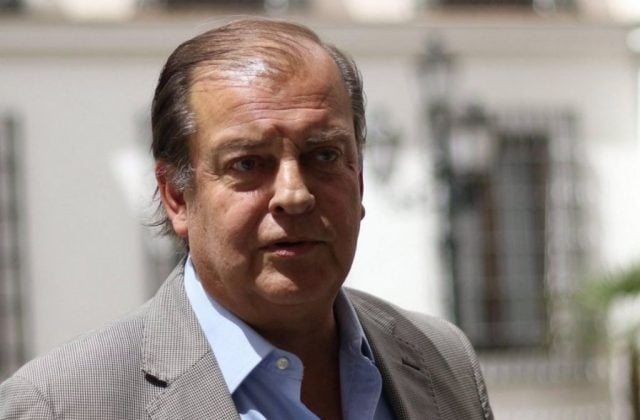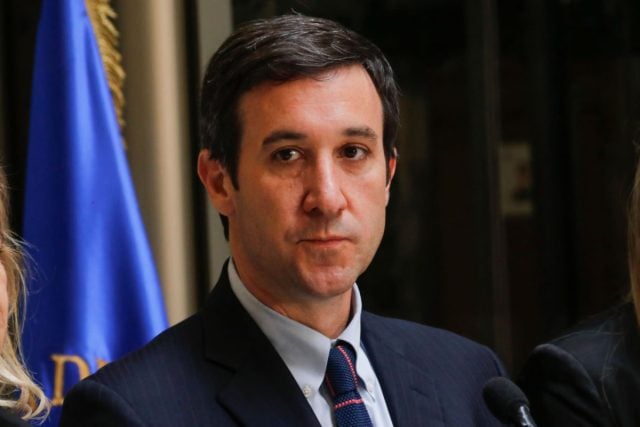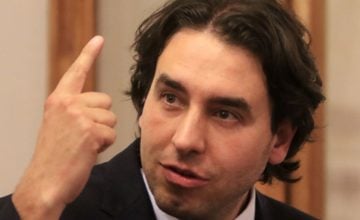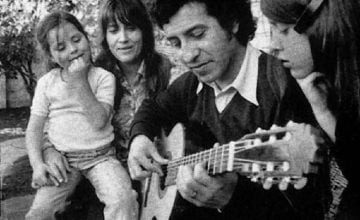Original article: “Reivindican lo que criticaron”: Vidal acusa “oportunismo descarado” de la derecha por apropiarse del legado de Aylwin, Frei, Lagos y Bachelet
Francisco Vidal accused the right-wing on Friday of engaging in «blatant opportunism» by attempting to claim the legacy of the Concertación governments led by former presidents Patricio Aylwin (1990-1994), Eduardo Frei Ruiz-Tagle (1994-2000), Ricardo Lagos (2000-2006), and Michelle Bachelet (2006-2010).
«What they are doing is trying to reclaim something they previously criticized,» stated the former chairman of the board of Television Nacional de Chile (TVN) during an interview with the program La Mañanera.
In the interview, El Ciudadano’s director, Javier Pineda Olcay, asked the PPD party member about his views on the narrative promoted by the right ahead of the presidential elections, which attempts to acknowledge the legacy built over 30 years by the Concertación governments, despite their past fierce opposition to Aylwin, Frei, Lagos, and Bachelet.
«I believe it is completely opportunistic. I was a firsthand witness; I spent eight years in La Moneda, and during those eight years, I spent six in the courtyards of La Moneda with a microphone in hand. What was I doing all day? Defending and counterattacking—not against Martians, but against the right,» he responded.
He recalled that during Aylwin’s presidency, the right was divided over his programmatic platform.
«It wasn’t easy for (Sebastián) Piñera and (Andrés) Allamand to secure votes. Remember they had the binomial system and appointed senators, and Aylwin managed to advance at least two substantial reforms, in tax and labor, with votes from part of Renovación Nacional, while the UDI claimed that Aylwin’s modest labor reform would mean the destruction of the economic model,» recounted the former minister from the governments of Ricardo Lagos and Michelle Bachelet.
«Then came Frei, who had spectacular growth, yet they were opposed. And let me tell you about Lagos; I happened to be there, due to the MOP-Gate case, with what the magazine Qué Pasa suggested—Lagos was finishing his term, and then we had Bachelet, let me tell you about Bachelet 1,» he pointed out.
According to the history professor, in their current discourse, right-wing political actors «are trying to reclaim something they previously criticized.»
«They didn’t fare well, that much is true. The Concertación won all four presidential elections, all four parliamentary elections, and all four municipal elections. The closest they came was in the 2001 parliamentary election, where the percentage was about 45-43,» he argued.
Francisco Vidal characterized the right’s maneuver as «blatant opportunism,» but emphasized that «citizens evaluate and weigh things out.»
Struggle for Hegemony Between the Republican Party and the UDI
When asked whether the far-right poses a real threat, whether their rhetoric is rooted in opportunistic discourse, or if their DNA is similar to the past 30 years, the academic suggested that the new right in Chile, merging «republicans with libertarians,» today embodies «in their positioning, proposals, and placements, the UDI of the 80s and the UDI of the 90s.»
«In fact, I saw an interview today with the president of Renovación Nacional, Senator Rodrigo Galilea, saying what I am asserting; he stated that what the Republican Party wants is to undermine the UDI, and this power struggle is as intense as the fight for one more vote. This is the landscape we have,» he argued.
«Those who speak about the danger of the radical right have been more its partners in Chile Vamos than we have,» Vidal emphasized.
The former TVN board president recalled that the Chile Vamos candidate, Evelyn Matthei, said that «due to her experience with the republican bots, she had doubts about the danger of Kast becoming president and overstepping limits.»
In the academic’s opinion, what happens is that «the right in Chile, like never before since 1990, has a chance to win due to the correlation of forces. However, since they did not hold primaries among themselves, and the first round is like a primary for them, the expectation of winning exacerbates the conflict for hegemony.
«Consequently, what we are witnessing is a display of the struggle for hegemony, but (the right) also knows that they cannot govern alone (…) So this tension is occurring and will continue to occur,» he pointed out.
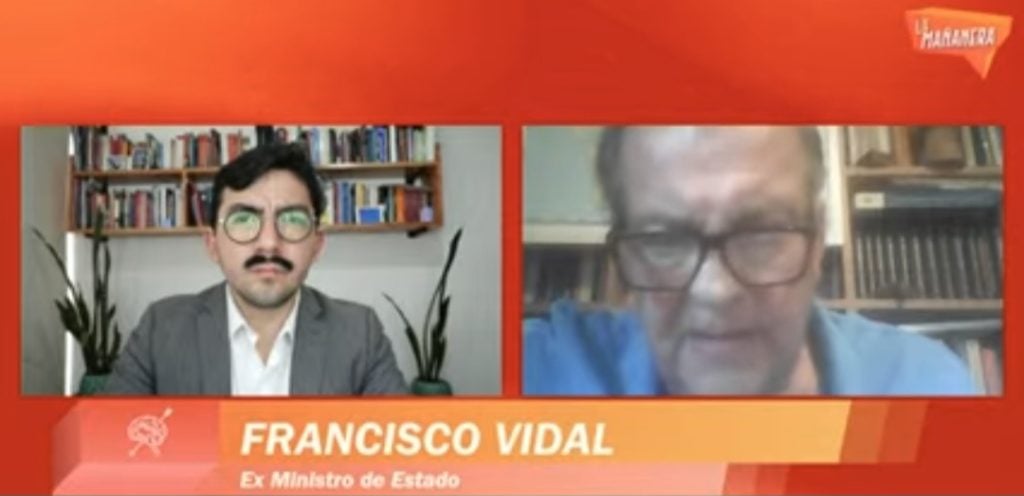
Contrasting the Platforms of Jara and Kast
In discussion with La Mañanera, Francisco Vidal stated that although anything can happen in the lead-up to the presidential elections, today «Jeannette Jara (Unidad por Chile) and José Antonio Kast (Partido Republicano) are likely to advance to the second round, in that order,» and highlighted the necessity of establishing a contrast between the government programs of both candidates.
«The very pertinent discussion for the second round is the difference between the first and second. Five, six, seven, eight points make a significant difference. However, in my opinion, the key to the second round with Kast is a clearly explained contrast so that the citizens have all the elements to make their decision,» he noted.
Vidal specifically mentioned one of the hallmark measures from the former Minister of Labor and Social Welfare’s program, which aims to achieve what she calls a living income of $750,000 per month—contrary to the far-right candidate’s position advocating for freezing wages.
«Let me provide an example: Jeannette Jara wants to gradually increase the minimum wage, while Kast aims to freeze it. So it’s crucial to inform people, ‘Hey, you need to decide. There are a million Chileans living off the minimum wage; you should choose whether to vote for the candidate who wants to gradually increase it or for the candidate who wants to freeze it,» he explained.
He also reminded that Kast confirmed that if he were to reach La Moneda, he would progressively eliminate property taxes on the primary residence.
«I’ll give a personal example: I live in Las Condes, where I pay four quarterly installments totaling one million pesos ($1,000,000) per year. Of my million pesos, three hundred fifty thousand ($350,000) stays in Las Condes, and six hundred fifty thousand ($650,000) is distributed across Chile, particularly in Puente Alto. If you grant me a million pesos, because that’s what it is, Las Condes loses three hundred fifty thousand ($350,000), but Puente Alto loses six hundred fifty thousand ($650,000). Now, since you can’t close the municipality of Puente Alto—because more than 50% of its budget comes from the Municipal Common Fund in 240 out of 345 municipalities, and 60% of that is from property taxes—if you exempt 100% of the homes in Vitacura, the richest commune in Chile, from paying property taxes according to Kast’s program, I still have to make up for what I’m not paying in national taxes,» Vidal elaborated.
In this Friday’s episode of La Mañanera, our director also spoke with Javier Piedrafierro, an academic from the Foundation Energy for All.
You can watch the full program below:
